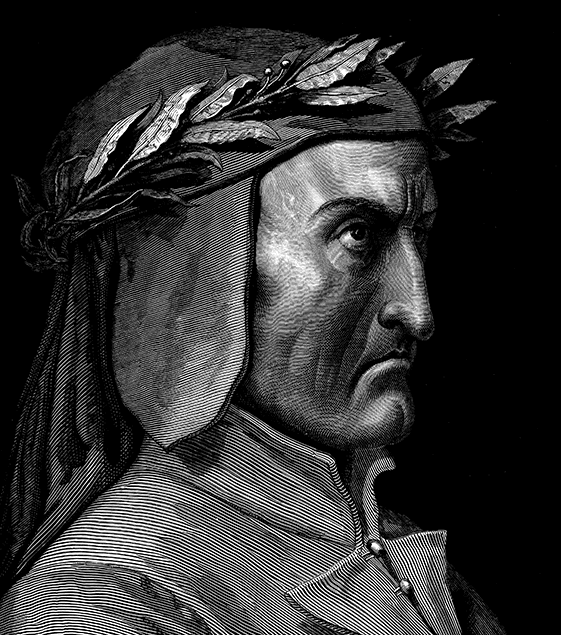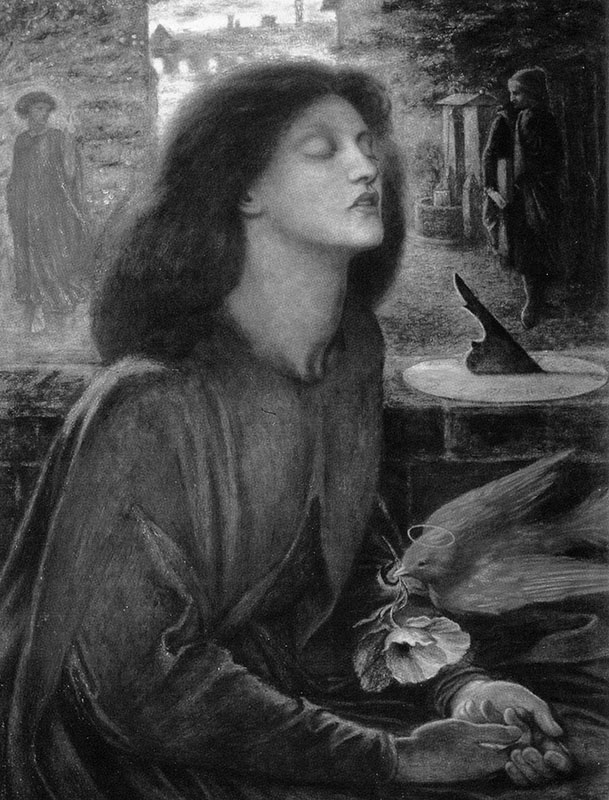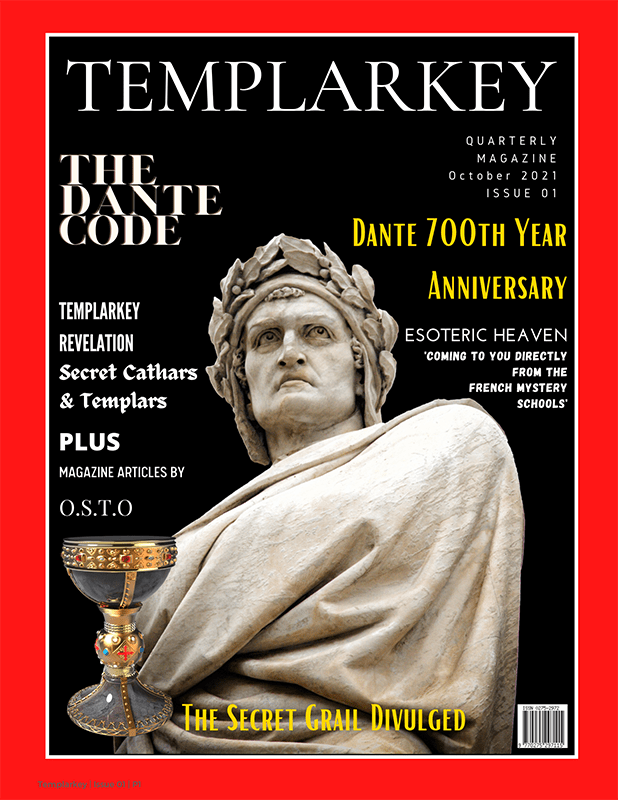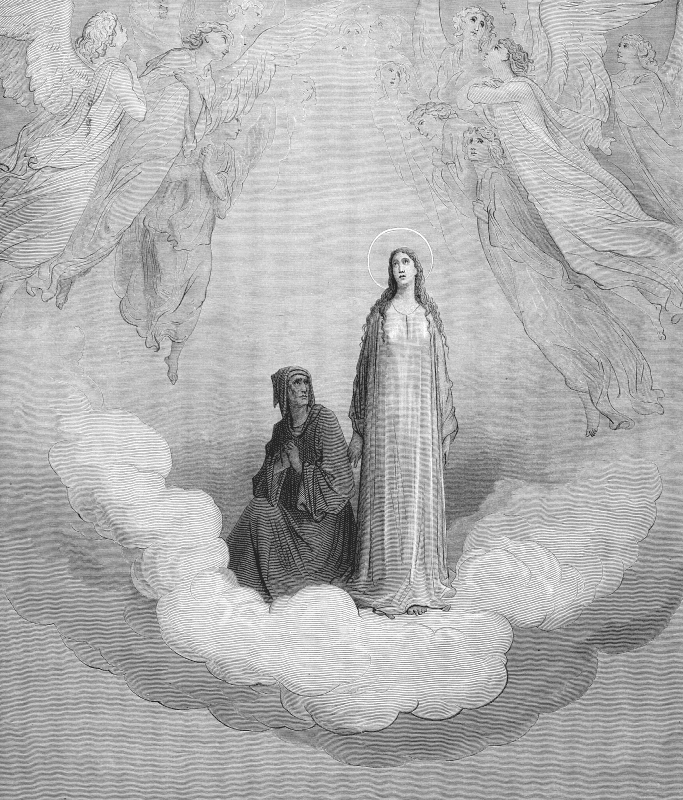The 700th Anniversary of Dante’s Death (Dante Speaks)
14 September 2021 marked the 700th anniversary of the death of Dante Alighieri, author of one of the most important works of medieval poetics, The Divine Comedy. An epic poem in Italian tells the poet’s spiritual journey from the dark depths of hell to the cosmic height of the heavens.
The British Library maintains the original collection of Dante, from the Middle Ages back to the modern age. The video was made by European and American Collections in collaboration with Western Heritage Collections, describing Dante. Watch the clip below.
Who was Dante Alighieri?
Dante Alighieri was born in Florence in 1165 to a prominent family. His love for Beatrice Portinari, an eight-year-old Florentine woman, made an essential theme of his writing.
As a young man, Dante wrote poetry and was involved in politics. In 1302, he was exiled from his home city and began to write The Divine Comedy.
He incorporated concepts of philosophy, theology, politics and love into an incredible cosmic voyage. The first Dante collection of poems, the Vita Nuova (“New Life”), describes the story of Beatrice. Their families placed them both in arranged marital arrangements, and Beatrice died aged only 20 years old.
A few things to know about Dante and the Dante Alighieri Society
-
- ‘He is known as the Father of Italian language.’ Dante is credited with helping to establish the Italian language by writing his masterwork in the Tuscan vernacular of the time rather than Latin.
- The “Divine Comedy,” commonly known as “Comedy,” is a hypothetical trip through hell, purgatory, and heaven that was published in several parts in the early 14th century.
- Hailing from a wealthy family, albeit not aristocratic, Dante never worked for a living and dabbled in politics and literature, philosophy and cosmology.
- These include Sandro Botticelli, William Blake, Salvador Dalí, and Pyotr Ilyich Tchaikovsky are among them, as are the creators of the X-Men comic books and Dan Brown with his blockbuster movie Inferno. “Shakespeare and Dante divide the modern world between them; there is no third,” British poet T.S. Eliot famously observed.
- Auguste Rodin’s iconic “The Kiss” sculpture depicts adulterous lovers Paolo and Francesca, whom Dante encounters in the second circle of hell.
- The “Divine Comedy” was also the key inspiration for the Oscar-nominated thriller Se7en. Dante is also referenced in prominent TV shows such as Mad Men. The epigraph of Bret Easton Ellis’ black comedy American Psycho begins, “Abandon hope, all ye who enter hither” – one of the most-quoted lines from Dante’s Inferno.
- Durante, although I want to be addressed as Dante. Like many other significant Italian cultural figures such as Giotto, Leonardo, and Michelangelo, Dante is mainly recognised by his first name, a diminutive of “Durante.”
- Dante had at least three children with his wife Gemma Donati, but another woman, Beatrice, who appears as his guide in heaven in Dante’s “The Divine Comedy,” was his lifelong muse.
Dante, The Divine Comedy, Inferno & The Esoteric
The Team at Templarkey decided to dedicate its first magazine to Dante, with this year being his 700th anniversary. There are over 80 pages, and with its purchase, you also get access to a dedicated members area and a personalised membership certificate of Templarkey.
There will be esoteric articles and information not usually available to the general public within the member’s area. The magazine has initiatic teachings that, with membership, can be discussed securely within the privacy of the member’s area.
Dante Templarkey Magazine Issue 1
What is The Divine Comedy?
The Divine Comedy recalls Dante’s trip to Heaven from Hell and Purgatory to reach God. The poem was divided into three books: one for each of these afterlife realms. Virgil takes Dante to the abysmal circle of the devil. Then, they see all sorts of gruesome punishments for them.
Many of the sinners encountered have come from people whom Dante regarded as corrupt figures. Dante finished “The Divine Comedy” in 1320 and died the following January. You can visit the British Library to see the manuscript now on display in Sir John Ritatat’s Gallery in the Early Medieval Manuscripts.
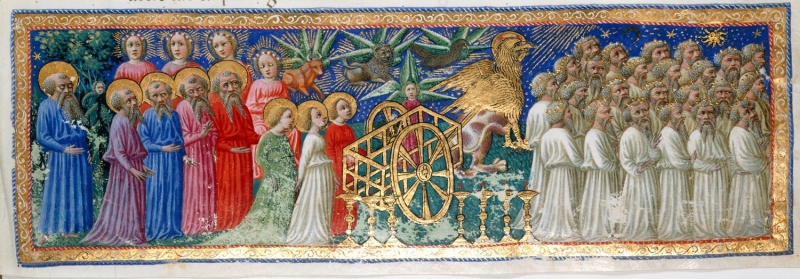
From Pope Boniface VIII to Pope Francis
The Roman poet Dante puts Pope Boniface VIII in his poetic hell by understanding the seven deadly sins. If Dante was living today, it is plausible he would write Pope Francis into his Paradise. Pope Francis noted that Dante Alighieri was a “prophet of hope” during his memorial on the 700th anniversary. Within the Templarkey Issue 1 Magazine, we write a complete account of this Pope’s memorial to Dante.
Dante’s poem The Divine Comedy is regarded as one of literature’s most significant works, down there with Shakespeare and the Bible. In 1996, Robert Pinsky issued a new translation of Inferno with a foreword created by Dante Professor John Freccero.
Since 1996, the books have been translated into English over 100 times over the past century. It was written in the vernacular Italian of the 1300s, written by Dante, and is Socially and politically significant.
Dante’s poetry is a proto-bourgeois activity. It is a way to extend the life of the court. Poems were not written to flatter any nobleman. Dante’s work had a socially and politically significant influence on the growing Italian city-states.
In Dante’s time, there was a civil war; therefore, many of his writings are seen as political writings. Although to understand Dante, one must also understand Christianity in Dante’s lifetime and its importance.
Poems were written by the poets to be circulated among his fellow poets. The poetry of his fellow citizens can have a socially and politically significant significance for both citizens. Today, we would see him as the “politician Dante”.
Why Does Dante Matter Today?
Dante’s Divine Comedy was micro-scribed on titanium and gold alloy sheets and released into space for his 700th anniversary. His Magnum Opus will dwell in the heavenly realms for eternity.
Living in the 21st century, few people take the time to read great literary works other than scholars within the field of poetry or literature. Many young people only know of Dante through popular cultures, such as the movies and games you see in the heading above (‘Divine’ poetry: A few things to know about Dante on the 700th anniversary of his death).
Templarkey & its Esoteric Content
Therefore, at Templarkey, we think it is essential to give more profound interpretations for those who do not have the chance to be at University or have access to Libraries or Museums. We have a fully dedicated Magazine to Dante on our website, and we will have future related articles linked to Dante’s Christian teachings.
Florence and its Politics
Dante chose to populate hell with his former neighbours and haunts as “a type of revenge against a city that had banished him” after being exiled for his political convictions, says Eva Del Soldato.
Eva Del Soldato claims that with the invention of the printing press, the Aldine tiny books in octavo editions catapulted Dante into the canon, placing him alongside Virgil and Petrarch.
(Eva is an intellectual historian whose works focus mainly on the reception of the Aristotelian and Platonic traditions in the early modern period). “There are Florentines everywhere,” including Canto 25 in “Inferno,” where the damned souls are Florentine thieves.
Dante’s influence reverberates around the world, even though Florence has reclaimed him as a native son. While “The Divine Comedy” is rarely read in its entirety, it has become an important element of the Western canon, according to religious studies professor Justin McDaniel of the University of Pennsylvania.
Religious, Social, and Economic History
“The modern reader will be dazzled by Dante’s difficult verse, with its innumerable intertextual parallels to figures from Biblical and Classical literature, as well as Mediterranean religious, social, and economic history,” he argues.
“However, many are familiar with the nine levels of hell, the depictions of men sentenced to haul rocks up the sides of mountains, or the image of Satan with three heads trapped in ice, made famous by Dore’s etchings and Botticelli’s Map of Hell.”
According to McDaniel, “The Divine Comedy and its literary descendants have had a greater impact on Christian imagery and notions of hell than the Old or New Testament.”
The University of Pennsylvania houses rare volumes of Dante in the Kislak Center Special Collections, Rare Books and Manuscripts at Van Pelt-Dietrich Library Center.
Dante and His Experts
John Freccero magnifies the most infinitesimal elements of that intricate construction to identify self-similar parts, revealing the full breadth of the great poem. Using this same technique, Freccero then turns to later giants of literature—Petrarch, Machiavelli, Donne, Joyce, and Svevo—demonstrating how these authors absorbed these smallest parts and reproduced Dante in their own work.
In the process, he confronts questions of faith, friendship, gender, politics, poetry, and sexuality so that travelling with Freccero; the reader will both cross unknown territory and reimagine familiar faces, swimming always in Dante’s wake. In Dante’s Wake: Reading from Medieval to Modern in the Augustinian Tradition John Freccero, Edited by Danielle Callegari, and Melissa Swain 2015.
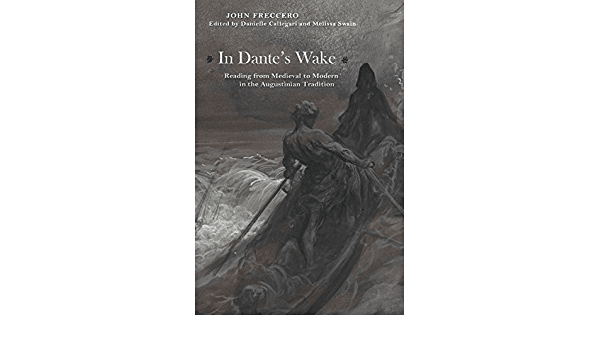
For more Reading
You can read The Divine Comedy in the original Italian and English translations on the Digital Dante website.
